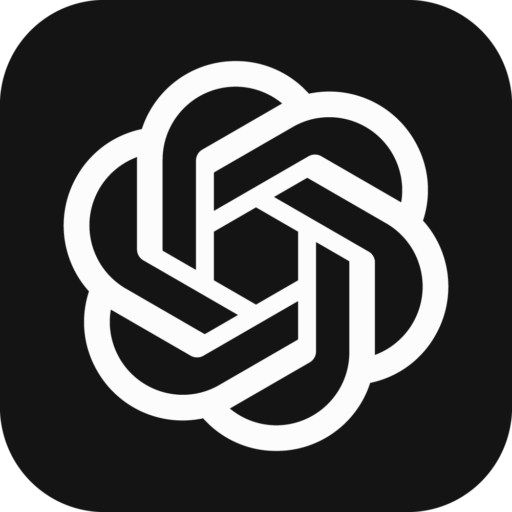Google has unveiled Gemini, an AI model poised to rival ChatGPT. Designed to outperform GPT-4 in most tests, Gemini marks a significant leap forward in AI development, as per Sundar Pichai, Google’s CEO. Set to impact Google’s entire product lineup, Gemini boasts advanced reasoning capabilities across multiple formats and is set for public release on December 13th.
Versatile Offerings: Gemini Nano, Pro, and Ultra
Under the Gemini umbrella, Google introduced several AI models. Gemini Nano, tailored for Android devices, precedes the imminent release of Gemini Pro, expected to power various Google services, notably the Bard chatbot. Positioned as the most robust model, Gemini Ultra, touted as Google’s largest LLM yet, appears geared for data centers and corporate applications.
Rollout Details and Access
On December 13th, Gemini, Pro, and Nano will debut. Access to the Pro model will be facilitated through the Bard chatbot, while developers and corporate clients can leverage Google Generative AI Studio or Vertex AI in the Google Cloud. Notably, the Pro-powered Bard version will not launch in the UK and Switzerland due to release coordination delays. As for Ultra, it remains in testing and is slated for a 2024 release, anticipated to integrate into an advanced Bard version termed Bard Advanced.
Expansion and Integration
Initially available only in English, Gemini aims to support other languages shortly. Pichai envisions its eventual integration into Google’s search engine, advertising products, Chrome browser, and various applications.
Multimodal Capabilities and Performance
Gemini stands as a multimodal model, adept at processing text, audio, images, videos, and code. Google’s tests against GPT-4 showcased Ultra surpassing it in 30 out of 32 performance assessments, including reasoning and image recognition. Additionally, the Pro model outperformed GPT-3.5 in six out of eight tests.
Milestones and Future Developments
Ultra achieved a significant feat by surpassing humans in the multifaceted MMLU test, spanning 57 subjects like mathematics, physics, law, medicine, and ethics. Its integration into AlphaCode2, a tool purportedly outperforming 85% of human programmers in tests, signifies a groundbreaking advancement.
Advantages and Future Prospects
Gemini’s key advantage lies in its multimodality; unlike separate models for voice and image recognition, Google engineered a unified model from inception. Promising continuous enhancements in perception, Google aims for Gemini to evolve towards deeper understanding and precision, a sentiment echoed by DeepMind’s CEO, Demis Hassabis. Hassabis envisions Gemini gaining more “senses,” becoming more conscious and accurate, ultimately enhancing its understanding of the world.

